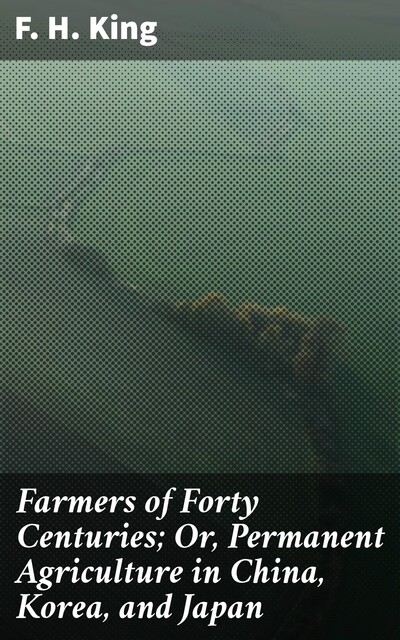In “Farmers of Forty Centuries; Or, Permanent Agriculture in China, Korea, and Japan,” F. H. King explores the agricultural practices that have sustained Asian civilizations for over four thousand years. Through a meticulous blend of empirical observation and vivid descriptions, King illustrates the intricate balance between environmental stewardship and agricultural productivity. His work artfully weaves narrative with scholarly analysis, situated within the broader context of early 20th-century agricultural reform and colonial discourse, presenting a counter-narrative to Western agricultural practices of the time. F. H. King, a prominent American agricultural scientist and an early advocate for sustainable farming, spent years traveling through these richly agrarian societies. His firsthand experiences, shaped by a deep respect for traditional farming methods and a fascination with their environmental implications, inspired him to write this seminal text. King's background in agricultural science complemented his desire to promote ecological awareness amid the growing industrialization of American farming. This book is an essential read for anyone interested in sustainable agriculture, environmental history, or East Asian studies. King's insights not only predate but anticipate modern principles of permaculture and agroecology, making this work a vital resource for scholars, practitioners, and environmentally conscious readers alike.


